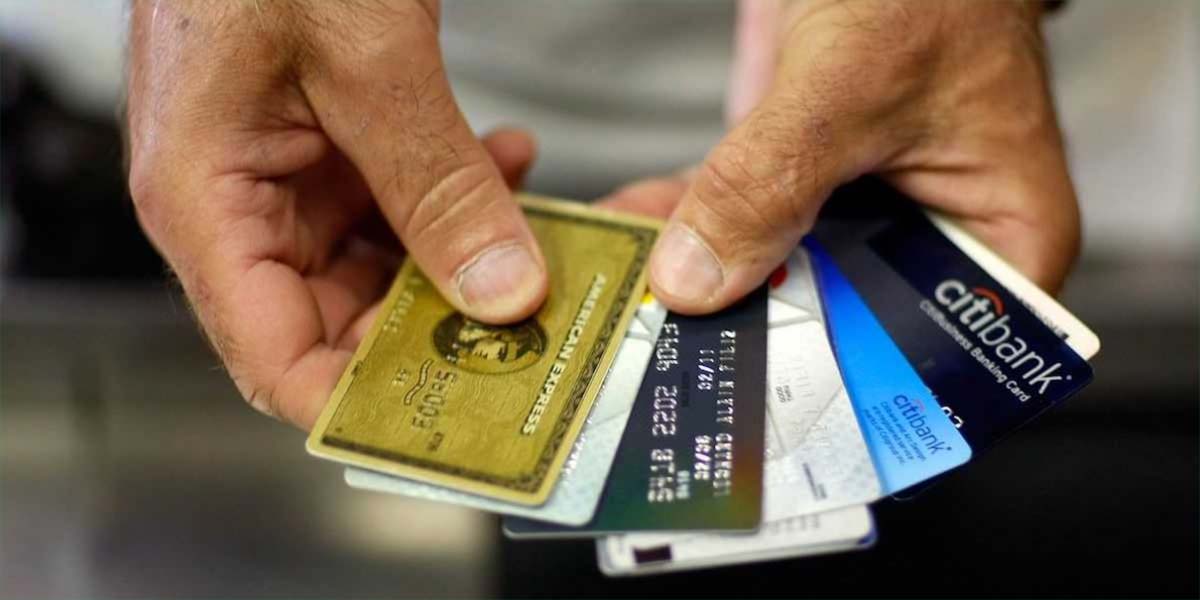Divorce is one of the most difficult things a person might face in their lifetime. But, it turns out, divorcing your spouse may be easier than divorcing your credit card debt.
Understanding what your options are for separating yourself financially from your former spouse is a critical first step in rebuilding your life after your divorce. Regardless of what you and your former spouse may have agreed to, or what the family court has ordered, you have a contract with your credit card issuers.
Contractually, you are responsible for any debt that is in your name, (including charges made by authorized users on your account.) Failure to pay the debt can lead to collections and derogatory remarks on your credit report. The creditor can even sue you and collect on your own assets.
Washington, (along with eight other states: Arizona, California, Idaho, Louisiana, Nevada, New Mexico, Texas and Wisconsin,) is a community property state, which means any debt you or your former spouse acquired during the marriage, is community debt, making both spouses equally liable. Debts incurred prior to marriage or after the date of separation are not technically considered community debts, but may still be considered by the court. How the court handles the division of debts isn’t always simple. In community property states, a judge may order you to pay a portion of the debt, especially if it was incurred for items necessary for the household—even if you are not contractually liable for the debt. Also, the debt collector doesn’t care of you are separated or not. If either spouse incurs debt while still married, the other spouse may still be contractually liable for the debt.
Of course, the circumstances of every divorce are different. The judge is likely to consider a number of factors, including the length of separation and any agreement the divorcing spouses have come to about specific debts. While a judge’s order may assign responsibility for the debts to your former spouse, the order does not change your contracts with your creditors.
If a credit card is in your name, the creditor can—and likely will, come after you if your spouse does not pay a debt as ordered by the court. To protect your credit, your best approach with persistent collectors is to pay the debt and pursue your ex in court for reimbursement.
Can I Get Myself Removed from a Credit Card Account?
It is highly unlikely that creditors will remove your name from accounts with an outstanding balance, even if you have a divorce decree ordering your ex to pay it. Instead, the spouse deemed responsible for the debt may be able to transfer the debt to an individual credit card account with a balance transfer.
In the event that your ex is unable to refinance, or transfer the outstanding balance to an individual card, your attorney may suggest that the divorce agreement indicate who is responsible for paying what, and stipulate liability and consequences for failure to pay. For example, the right to sue your ex for failing to pay a debt as ordered by the court.
How Does Divorce Impact Credit?
While your credit isn’t impacted by the mere fact that you’re getting divorced, your credit standing can be adversely affected by a divorce if you and/or your spouse mishandle your accounts throughout the course of the divorce. Late payments, delinquency and defaults affect your credit score, additionally, your score may be negatively impacted if you close your account or remove yourself as an authorized user.
How Do I Preserve My Credit During Divorce?
First and foremost, establish or re-establish your individual credit. Your score may decrease after closing joint accounts, so it is important to open the individual account before you close any existing joint accounts. Closing accounts may lower your credit score enough to disqualify you from opening a new account, and you don’t want to be left with no access to credit.
After establishing your new individual account(s), the next step is to close any joint credit card accounts you have. Don’t leave the door open for a vindictive, or irresponsible spouse to acquire additional debt, for which you’ll both be liable. You’ll want to safeguard your existing individual accounts too. Close any individual accounts that your spouse may have access to—especially in high conflict divorces
Whenever possible, work with your spouse to amicably divide assets and liabilities. The more you can agree on, the less you’ll spend on attorney’s fees. Whatever you do not agree on, the court will end up deciding for you.
What’s the Bottom Line?
The judge’s order may assign the debt to your ex, but a judge’s order does not override your agreement with your creditors. Although it may not seem fair, if your spouse is not playing by the rules, the most effective way to safeguard your credit in the face of a divorce, is to pay your creditor on time and enforce the court order to re-coup the money from your ex. If you’re in need of divorce lawyers for men in Kennewick, Washington, give us a call today.


